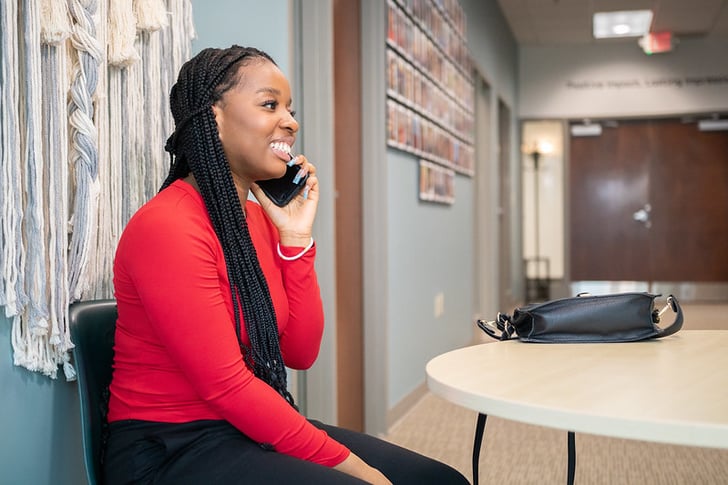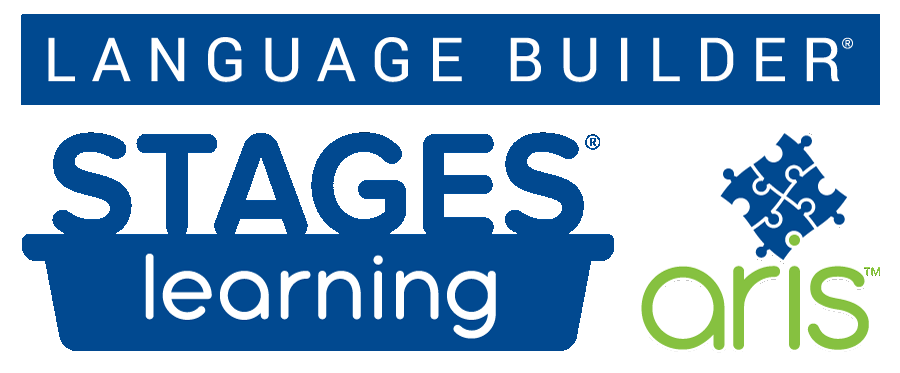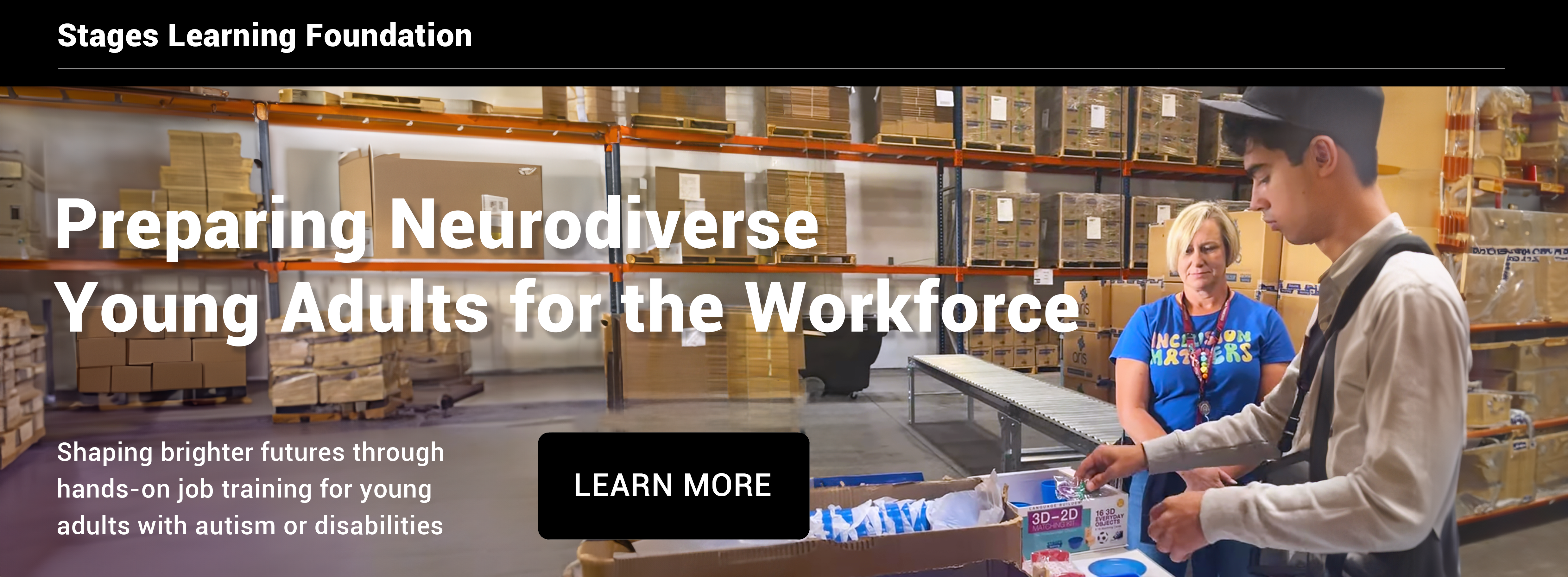
Once an individual on the spectrum finds just the right crew, they may very well wind up being the glue that holds it together (I actually had a boss in the past year describe me as such, and that was definitely a good day on my end).
–Grady Bolding
Pre-Employment Transition Services (Pre-ETS) help students with IEPs get ready for a job before they transition out of school. Starting at age 14, Pre-ETS training focuses on four services that are designed to improve employment outcomes for disabled or autistic students.
Researchers studying these four service components have identified best practices that can contribute to successful workplace experiences for disabled or autistic students. These services include:
- Job exploration Counseling
- Work-Based Learning
- Instruction in Self-Advocacy
- Workplace Readiness Training
A comprehensive research review unpacked the best practices within each of these four service areas so that rehabilitation counselors can focus on what matters most in helping students be successful in the workplace. One important throughline across all four service areas is tapping into the entire network of support surrounding each student. This includes family members, special education teachers and support staff, school administrators, and employers. All play essential roles in ensuring success.
At Stages Learning Foundation we provide practical job training and skill-building for high school transition students, emphasizing both technical and soft workplace skills. Following research-based best practices, our program equips students, particularly those with diverse learning needs, to seamlessly transition into meaningful employment opportunities and become contributing members of the workforce.

Job Exploration Counseling
To be effective, job exploration counseling needs to include career goal development, family outreach, cultural competence, and inter-agency collaboration.
Specifically, this means that career goals need to be concrete and clearly defined early in the Pre-ETS process, typically by age 14. This results in much more effective placements for students. Helping students develop action plans was a key piece of this process and involving students and family members in identifying and articulating employment interests and goals was critical to success. One program studied by researchers, the Maryland Seamless Transition Collaborative (MSTC) showed that helping students create a personal profile that identified career interests, in collaboration with friends, professionals, and family members, was an effective intervention for long-term student success.
Family outreach in the job exploration process was found to be most effective when professionals worked closely with family members and strived to understand the cultural needs of the students and the dynamics of family goals and interests. Employment specialists were more successful with placements when they were competent in being able to understand cultural and environmental factors that might influence job choices and use that information to find good employment matches for students.
Interagency collaboration also starts early in the process of job exploration and entails working with all stakeholders to focus on career activities that can help facilitate the career exploration process. Vocational rehabilitation counselors were more effective when they were able to work closely with local school agencies and special education programs.

Work-Based Learning
To be effective, work-based learning needs to include early work experiences, trouble-shooting challenges involved in the Supplemental Security Income (SSI) process, and ensuring that mentors and other social supports are present in the workplace.
Students who participated in paid work experiences while still in high school were much more likely to participate in later integrated employment. In addition to the learning that takes place during actual employment, practicing other job-related skills such as interviewing, communication, and job readiness tasks better prepares students for success down the road.
SSI payments can sometimes act as barriers for students with disabilities in work-based learning because they can limit the earning potential of students receiving this benefit. Waivers of certain SSI requirements can be provided when vocational rehabilitation counselors are up to speed on this process and advocate for their students. These waivers allow students participating in paid employment to retain more of their earnings despite receiving SSI benefits.
Having a mentor, a role model, and other social supports can increase the success of any Pre-ETS program. Peer mentors who have already participated in a program can provide students with both a mentor and a role model to help provide students with the capacity to envision their future employment potential.
Instruction in Self-Advocacy and Self-Disclosure
Training students to advocate for themselves involves helping each student understand if, when, and how to disclose their disability and request accommodations, being familiar with the possible work accommodations required by law, and helping facilitate student self-determination when they approach new work opportunities.
Several research studies indicated that students often struggle with how to disclose their disabilities and that helping students role play and practice disclosure and learn to advocate for accommodations helped them develop these skills.
The development of self-determination skills was especially important in predicting successful outcomes for employment. Helping students develop self-determination skills includes learning to set goals, hunt for jobs, make choices, have strong decision-making and problem-solving skills, and create a plan for developing job readiness skills.

Workplace Readiness Training
In studying how to make workplace readiness training as useful as possible, researchers focused on three areas: communication and interview skills, developing social skills, and troubleshooting transportation challenges.
Strong communication and interviewing skills help students succeed in obtaining employment. In studying which students succeeded in securing and maintaining employment, the most successful students were those who communicated well with others and were independent in self-care abilities. These students were three times more likely to have paid work than students who were not strong in these skills. Mock interviews were especially useful in developing skills, especially when students were able to practice answering scenario-based problem-solving questions. Social skill development should focus predominantly on peer interactions to practice and improve interpersonal skills and better understand the nature of social skills needed for work.
Lastly, transportation was seen as a key issue in workplace readiness training. Helping students learn to explore options, get access, and troubleshoot barriers to transportation were skills that were strongly tied to work success. Dozens of studies have found that programs that helped students address problems related to self-care, and in particular transportation, had a significant impact on job acquisition and retention.
This article was based, in part, on Frentzel E, Geyman Z, Rasmussen J, Nye C, Murphy KM. Pre-employment transition services for students with disabilities: A scoping review. J Vocat Rehabil. 2021 Mar 15;54(2):103-116. doi: 10.3233/JVR-201123.






